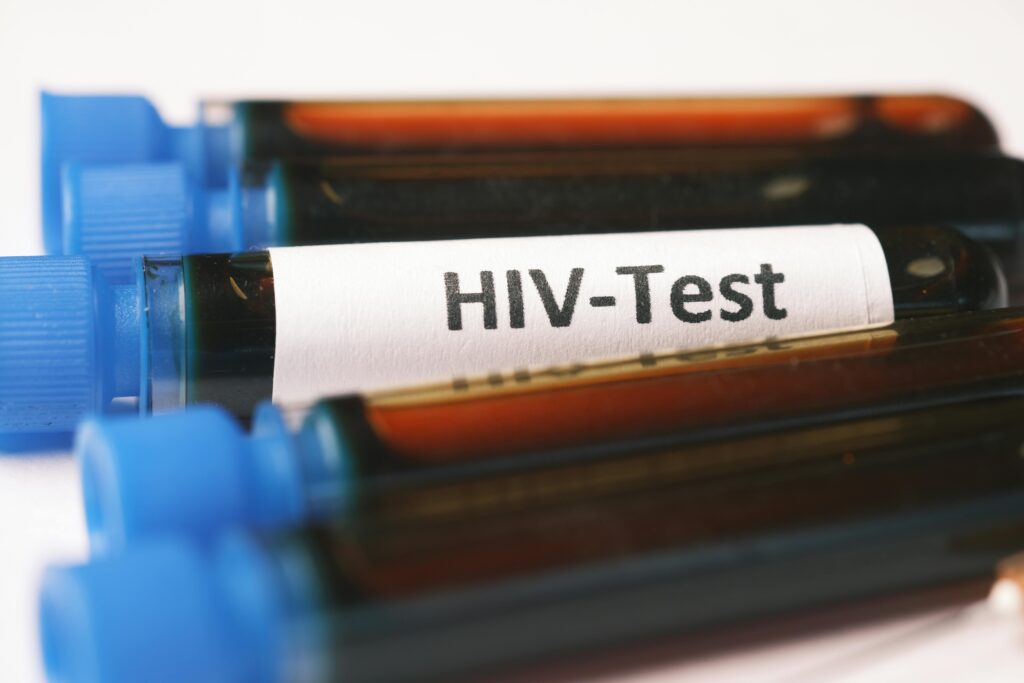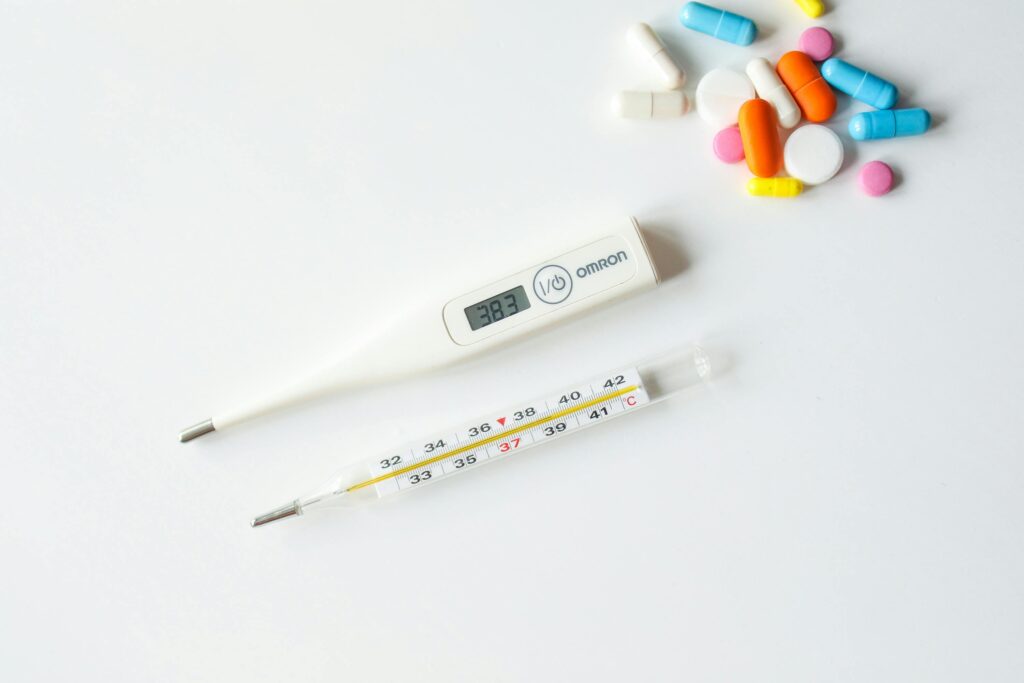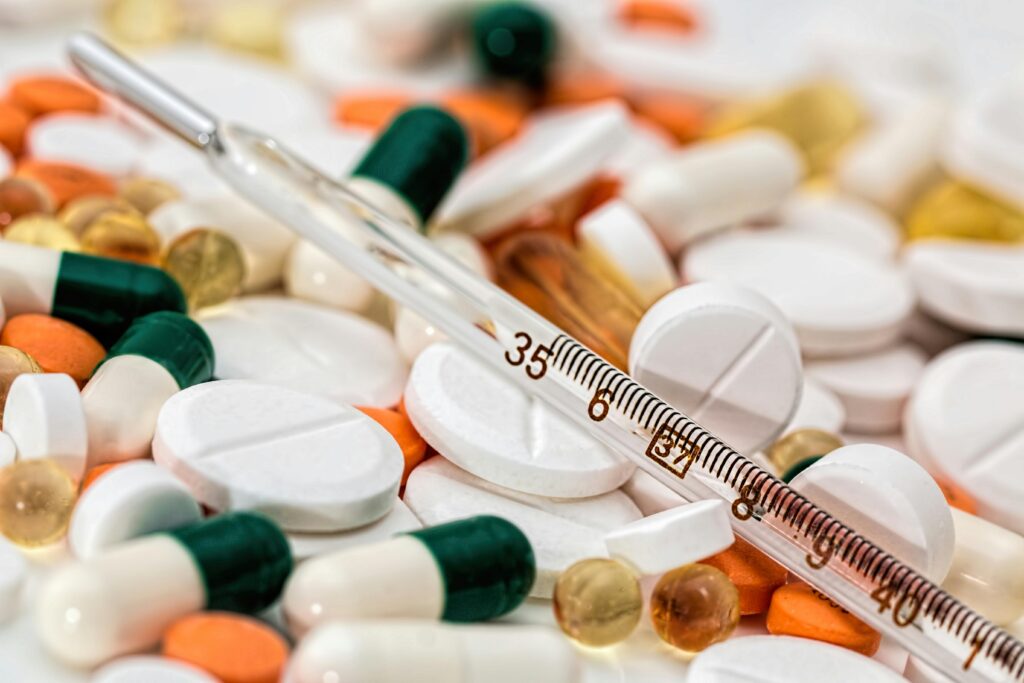Introduction
AIDS, which stands for Acquired Immunodeficiency Syndrome, is a severe disease caused by the HIV (Human Immunodeficiency Virus). AIDS weakens the immune system, making it difficult for the body to fight off infections. In this article, we’ll explore the causes, risk factors, prevention, and the importance of early diagnosis. It’s crucial to understand AIDS to protect yourself and others and to help fight the stigma surrounding this disease.

What is AIDS?
AIDS is the final stage of HIV infection. Not everyone with HIV develops AIDS, especially if they take HIV medicine (antiretroviral therapy or ART) and maintain a healthy lifestyle. When left untreated, HIV attacks and destroys the immune system, which can lead to AIDS. This stage is characterized by a weakened immune system and an increased vulnerability to opportunistic infections like pneumonia and tuberculosis.
Causes and Risk Factors of AIDS
AIDS is caused by the HIV virus. HIV is transmitted through contact with certain body fluids like blood, semen, vaginal fluids, rectal fluids, and breast milk. There are several risk factors to consider, including:
- Unprotected sex: Having unprotected sexual intercourse with an HIV-positive person can transmit the virus.
- Sharing needles: Injecting drugs with shared needles increases the risk of HIV transmission.
- Mother-to-child transmission: HIV can be passed from a mother to her child during pregnancy, childbirth, or breastfeeding.
- Blood transfusions: Receiving HIV-infected blood can lead to transmission, although this is now rare due to testing.

Symptoms of AIDS
AIDS symptoms can vary widely depending on the infections or conditions that arise as a result of the weakened immune system. Some common symptoms include:
- Rapid weight loss
- Recurring fever
- Extreme tiredness
- Swollen lymph glands
- Prolonged diarrhea
- Pneumonia
AIDS-related infections can be severe and life-threatening, but with early detection, people living with HIV can manage their condition and lead normal lives.

How is AIDS Diagnosed?
Diagnosing AIDS involves a HIV test to detect the presence of the virus in the blood. If the HIV test is positive, further tests will be conducted to determine the level of damage to the immune system. One of the primary indicators of AIDS is a CD4 count (a type of white blood cell) below 200, which signals that the immune system is severely weakened.
How to Prevent AIDS?
Although there is no cure for AIDS, there are effective ways to prevent HIV infection:
- Use condoms: Proper and consistent use of condoms during sex is one of the most effective ways to prevent the transmission of HIV.
- Get tested regularly: Regular HIV testing helps detect the virus early, ensuring you can begin treatment before the virus causes severe damage.
- Pre-Exposure Prophylaxis (PrEP): For high-risk individuals, taking PrEP (a medication that prevents HIV) can reduce the likelihood of contracting HIV.
- Don’t share needles: Avoid sharing needles or any drug-injection equipment.
- Take HIV medicine (ART): For people living with HIV, taking antiretroviral therapy (ART) can reduce the viral load to undetectable levels, preventing transmission.

Treatment for AIDS
There is no cure for AIDS, but HIV medications (antiretroviral therapy or ART) can help manage the virus. ART helps keep the HIV viral load undetectable, meaning the virus can no longer be transmitted sexually. People with HIV who maintain an undetectable viral load can live long, healthy lives.
In addition to ART, treatment may involve medications to prevent or treat opportunistic infections like tuberculosis, pneumonia, or other conditions that can result from a weakened immune system.
Conclusion
AIDS remains one of the most significant public health challenges, but understanding its transmission, prevention, and treatment options is key to reducing its impact. The fight against AIDS requires a global effort, including proper education, support, and access to testing and treatments. If you are concerned about HIV/AIDS or need more information, feel free to contact us at Health Authentica for more guidance. If you need more information or help with your health journey, feel free to contact us at Health Authentica.









